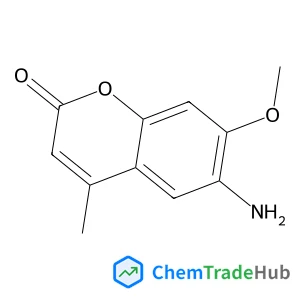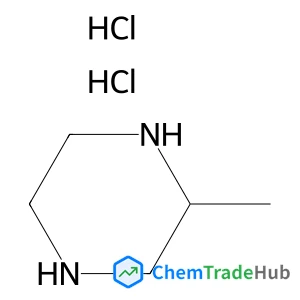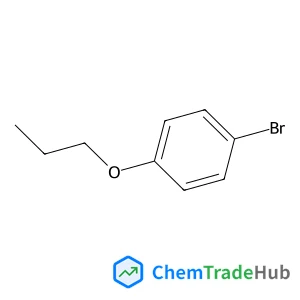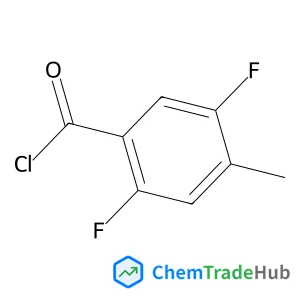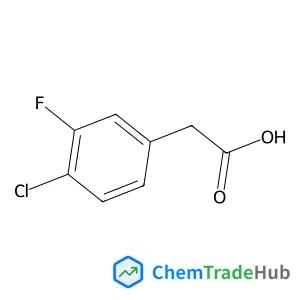Direct arylation polycondensation towards water/alcohol-soluble conjugated polymers as the electron transporting layers for organic solar cells
文献情報
Qingwu Yin, Zhenfeng Wang, Boming Xie, Fei Huang, Yong Cao
Two water/alcohol soluble conjugated polymers (WSCPs), based on naphthalenediimide and amino-functionalized 3,4-(propylenedioxy)thiophene, were synthesized via direct arylation polycondensation (DArP). The polymers worked well as electron transporting layers (ETLs) for fullerene-based and fullerene-free organic solar cells (OSCs), presenting an enhancement by above 40% compared to the control devices, respectively. The doping properties and high electron mobilities of these WSCPs endow them with high performance. The research study developed an effective method to synthesize ETLs for highly efficient OSCs, which was rarely reported.
関連文献
IF 6.222
Biomaterials Science Emerging Investigators 2021IF 6.843
Vapor-fed photoelectrolysis of water at 0.3 V using gas-diffusion photoanodes of SrTiO3 layersIF 6.367
Sugar ketals as a platform molecule to overcome the limitation of converting biomass into green-hydrocarbons in a typical refineryIF 6.367
Synthesis and hydrogen evolving catalysis of a panchromatic photochemical molecular deviceIF 6.367
In situ growth of all-inorganic perovskite nanocrystals on black phosphorus nanosheetsIF 6.222
Three-terminal III–V/Si tandem solar cells enabled by a transparent conductive adhesiveIF 6.367
Mechanism of lignocellulose modification and enzyme disadsorption for complete biomass saccharification to maximize bioethanol yield in rapeseed stalksIF 6.367
Photoactivatable fluorophores for durable labelling of individual cellsIF 6.222
A hollow neuronal carbon skeleton with ultrahigh pyridinic N content as a self-supporting potassium-ion battery anodeIF 6.367
掲載誌
Chemical Communications
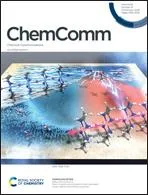
ChemComm publishes urgent research which is of outstanding significance and interest to experts in the field, while also appealing to the journal’s broad chemistry readership. Our communication format is ideally suited to short, urgent studies that are of such importance that they require accelerated publication. Our scope covers all topics in chemistry, and research at the interface of chemistry and other disciplines (such as materials science, nanoscience, physics, engineering and biology) where there is a significant novelty in the chemistry aspects. Major topic areas covered include: Analytical Chemistry Catalysis Chemical Biology and medicinal chemistry Computational Chemistry and Machine Learning Energy and sustainable chemistry Environmental Chemistry Green Chemistry Inorganic Chemistry Materials Chemistry Nanoscience Organic Chemistry Physical Chemistry Polymer Chemistry Supramolecular Chemistry
おすすめサプライヤー
 シャイト · ヴェンティラトレン GmbH
シャイト · ヴェンティラトレン GmbH フェレル・インターナショナル
フェレル・インターナショナル 偃師市東園化學工業有限公司
偃師市東園化學工業有限公司 天津市卓龙进出商 LIMITED COMPANY
天津市卓龙进出商 LIMITED COMPANY 山东省博興县鑫旺食品機械工貿有 masturbation
山东省博興县鑫旺食品機械工貿有 masturbation 山东嘉聯新素材有限公司
山东嘉聯新素材有限公司 エンテグリス株式会社
エンテグリス株式会社 安徽南方化学ポンプ有限公司
安徽南方化学ポンプ有限公司 浙江华晟化学製品有限公司
浙江华晟化学製品有限公司 ZIAG工場工程有限公司
ZIAG工場工程有限公司










